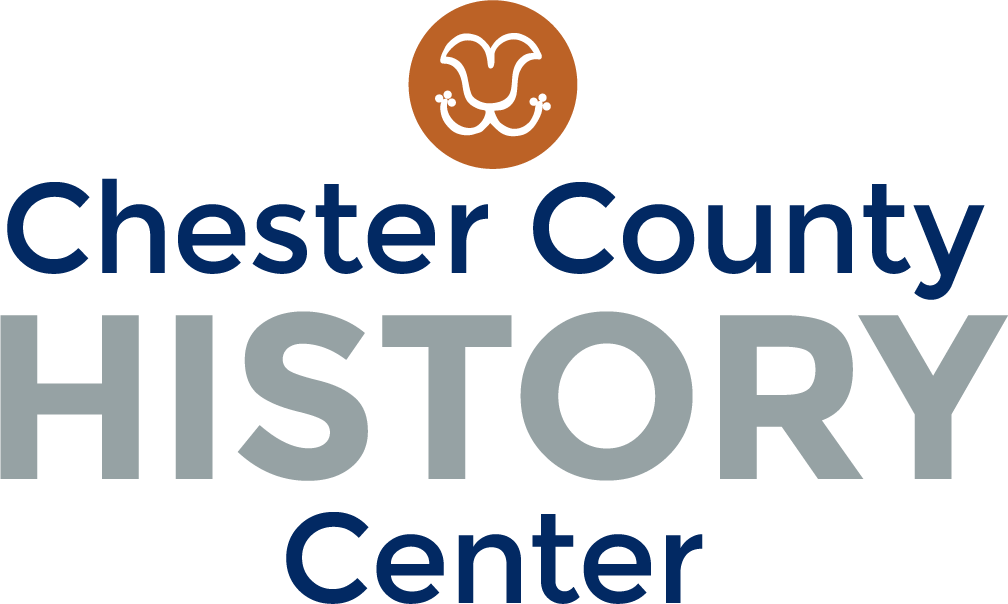By Mary U. Brooks, Photo Archives Volunteer
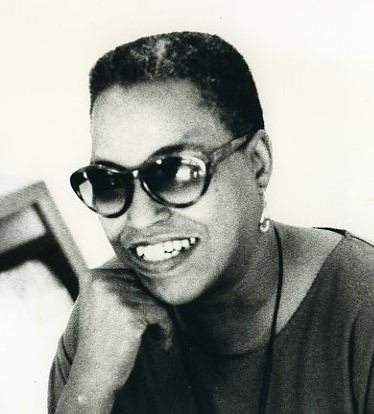
Funds from the Pennsylvania Historical and Museum Commission (PHMC) recently made possible the digitization of some collections of oral history audio cassette tapes. Creating individual guides to these important narratives is also underway in order to provide biographical and topical information about the interviews. Both the recordings and guides will be digitally available to researchers in the Chester County History Center (CCHC) library. The guides will be also available on the CCHC website.
In the 1990s, CCHC and the Charles A. Melton Arts and Education Center (then named the West Chester Community Center) collaborated on a program to interview Black women to record their experiences of growing up and living in West Chester. Approximately twenty women, who ranged in age from their teens to their eighties at the time of the interview, discussed family life, education, employment, segregation, and integration. An often-underrepresented group in the historical record, these Black women gave first person accounts from different time periods about how being Black and a woman affected their options and choices while also providing rich information about the West Chester community. Sarah Wesley, a History Center staff member, and Kathryn Petersen conducted the interviews. The interviews formed the basis of complementary exhibits in 1997 at the Melton Center and History Center, highlighting some of the stories told accompanied by photographs.
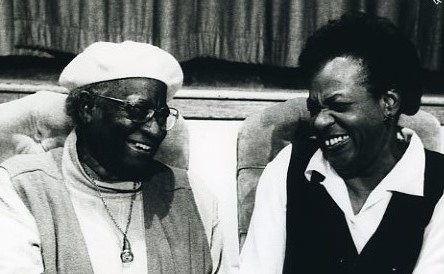
Women interviewed for this project included Mildred Barkley and Karen Barkley, Doris Bond Sr. and Doris Bond Jr., Rosemarie Dorlander, Alice Hammond, Regina Horton, Winifred Hurd, Marie Johnson, Trinity McLain, Lois McMillan, Susan Medley, Silver Melton, Ann Richardson, Cheryl Washington, Penny Washington, and Sarah Wesley. Interviewees were always asked about their school experience, and many described attending Gay Street School when it was segregated. Some also described what it was like to move from the all-Black elementary Gay Street School when the public schools were segregated and what it was like to later attend an integrated high school. Jobs among these women, both afterschool when young and later full-time employment or careers, included nursing, teaching, corporate careers, and work with non-profit organizations. Mildred Barkley discussed being the first Black person to be hired as a registered nurse at Chester County Hospital. Others described their own work as a domestic (including one woman who lived in with another family to help with the children while school-age herself) or the work of family members as domestics. Places of employment discussed included Denney Tag Co., Lasko Metal Products, West Chester University, and Wyeth Laboratories. Many women pointed out how the West Chester Community Center was an important place because, for a time, Black people were not allowed at the YMCA. They also recalled the commercial establishments in West Chester – movie theaters, restaurants, and clothing stores – where they were not welcome, or, in the case of the theater, had to sit in a particular section. Family dynamics and relationships make up another interesting part of most every interview.
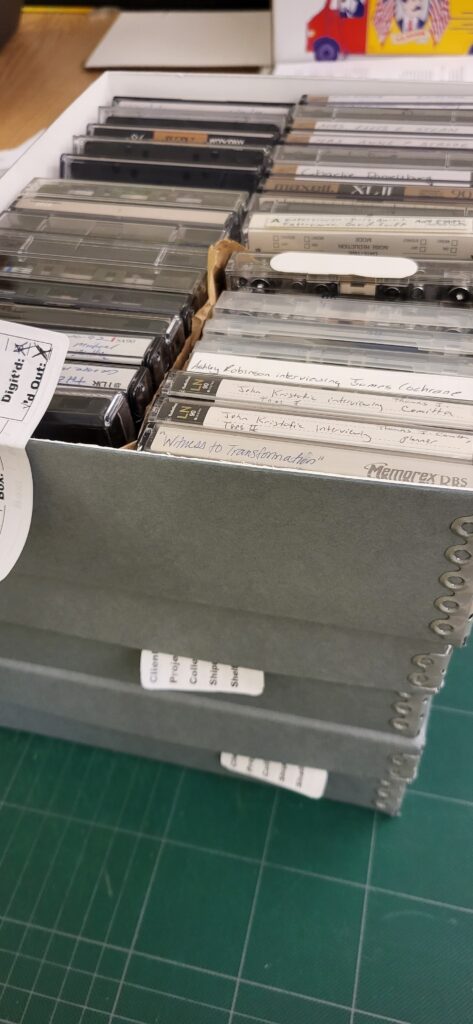
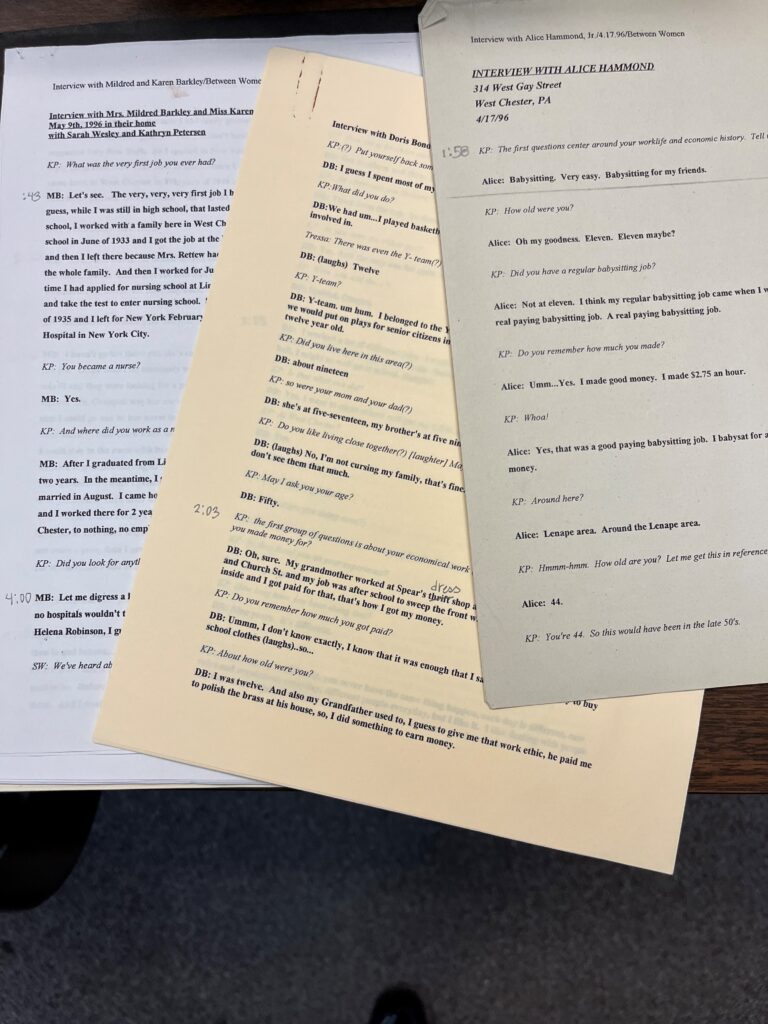
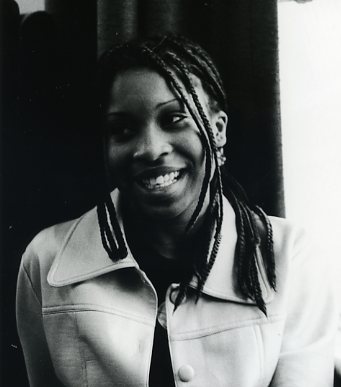
Guides to these interviews as a whole and individually will help the researcher navigate through the recordings and transcripts to specific topics of interest. Additional collections of oral history recordings were also digitized as part of this grant project. Stay tuned for updates on the preparation of guides for the Open Spaces and World War II oral history collections.
